Asking Questions to Drive Behavior: The Use of Employee Surveys in Organizations
- Dr. Elena Talavera

- Oct 2, 2023
- 3 min read
Updated: Nov 10, 2024
In today's business sphere, the use of new big data has provided various methods for measuring and predicting employee engagement through various channels. These methods range from network analyses aimed at tracking connections between employees (Ortiz-Recalde, 2022) to gathering data from employees working from home (Tan, 2023). However, these practices can indirectly generate substantial amounts of data, often with minimal workforce involvement, and these may raise ethical concerns. Directly asking employees about their feelings toward the organization remains an evidence-based practice that has demonstrated the promotion of high-performance HR practices (de Waal, 2014).

The success of this practice is not solely based on the sentiment that employees may generate by feeling heard and expressing their voice, which can foster a culture of transparency and employee care. The impact of surveys extends beyond this and can assist in changing behaviors and predicting behaviors.
When you ask people for their input and insights, you are not just learning; you are also affecting their thoughts.
Psychological research has revealed that asking questions can indeed lead to behavioral changes. For instance, in a study conducted by Williams et al. (2006), it was shown that asking students about their intentions to exercise increased subsequent self-reported exercise rates from 14% to 26% two months later.
This phenomenon can be explained by the Question–Behavior Effect (Wood et al., 2015), which refers to the impact of asking questions about a behavior (versus not asking such questions) on subsequent performance of that behavior. One widely accepted mechanism for why this effect works has to do with the well-known concept of cognitive dissonance. Cognitive dissonance occurs when there is a mismatch between your ideal self and your behavior (Festinger, 1962). For example, you may want to be a healthy person, but your behavior may not align with what a fit person does. So, when someone asks if you are going to exercise regularly, saying no would cause a lot of discomfort.
To illustrate how this phenomenon affects the workplace, consider a scenario where employees are asked about their willingness to participate in a company-wide sustainability initiative. Even if some initially express hesitation, the act of being asked and reflecting on the importance of sustainability, along with other factors such as social desirability (Holden & Passey, 2009), may lead them to become more engaged in environmentally responsible behaviors within the organization.
Surveys can also be beneficial for predicting behaviors. Data obtained from surveys can be analyzed with predictive models to forecast behaviors. For example, an article in the Harvard Business Review (Judd et al., 2018) found that simply asking employees via surveys how long they intend to stay is more than twice as accurate at predicting their future turnover compared to machine-learning forecasts by an industry leader in predictive analytics. The same authors found that employees who do not fill out either of our two annual surveys are 2.6 times more likely to leave in the next six months, providing evidence that even non-participation in surveys can predict behaviors.
Additionally, these techniques are cost-effective compared to new, sophisticated machine learning or predictive software that deals with direct data. This is particularly beneficial for mid-size companies that may be eager to understand their employees' perceptions of the organization to drive change.
In this era of big data and artificial intelligence, where we frequently perceive ourselves being influenced by every single behavior or interaction, surveys continue to serve as a means of collecting sentiments, perceptions, and opinions from employees in an anonymous and confidential manner, all with the aim of fostering change. As Thomas Berger mentioned:
"The art and science of asking questions is the source of all knowledge."





Comments